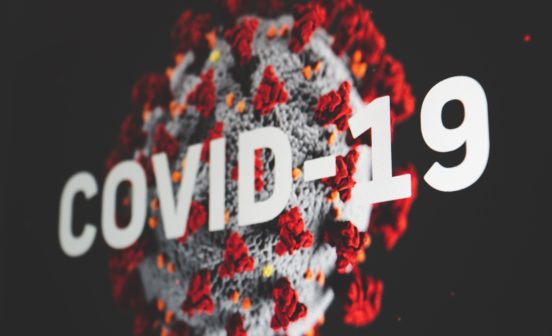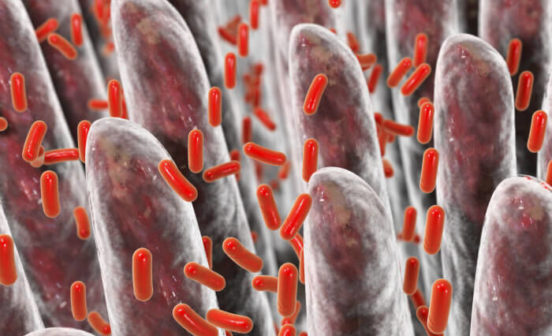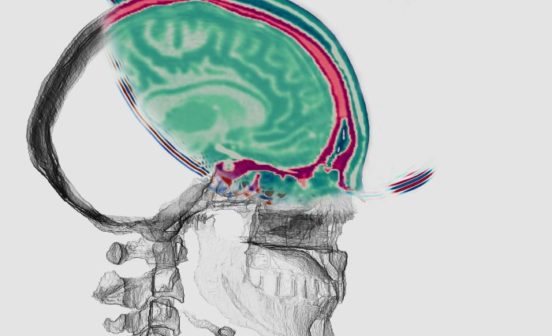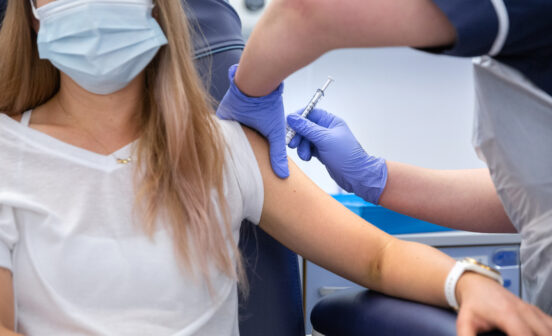GuidelineTherapeutic Poo Transplants to Fight Superbugs – NICE adopt guidelines spearheaded by NIHR Imperial BRC Researchers
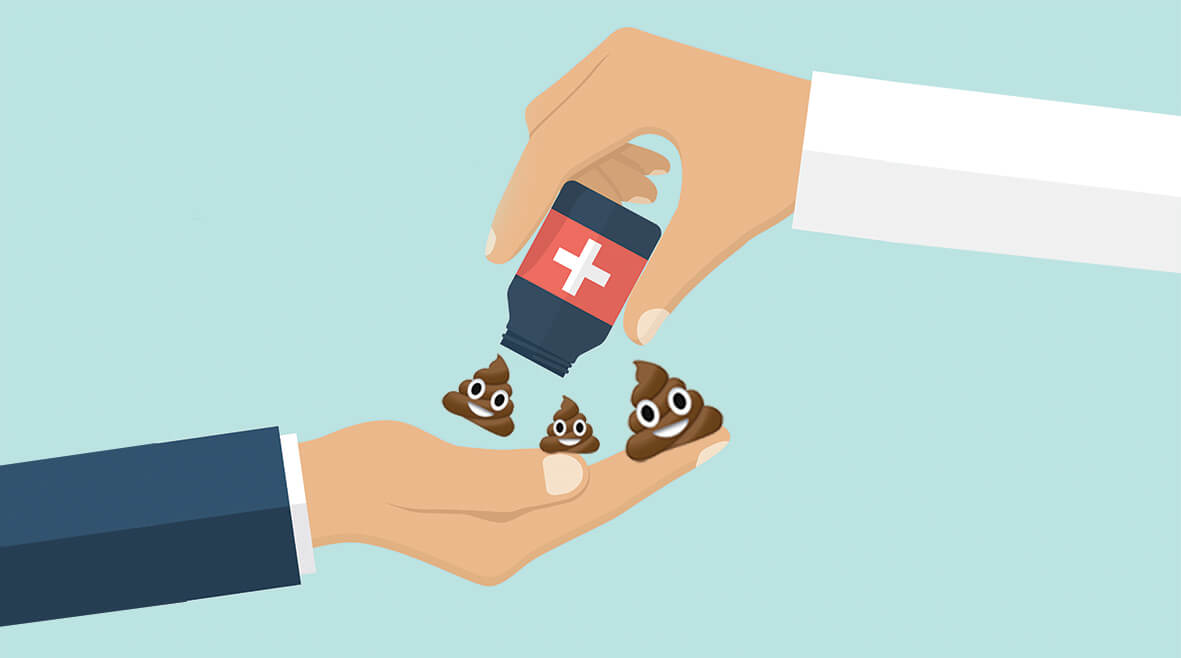
NICE have published new guidance on faecal microbiota transplants (FMT) for recurrent Clostridioides difficile (C. diff) infection following expert advice from NIHR Imperial BRC funded researchers.
C. diff infections can occur in patients following disruption of the gut microbiome as a result of long-term antibiotic treatment or surgery. C. diff is often referred to as a superbug as it has become harder to treat with conventional treatments, and repeat infections can lead to intestinal perforation, multiorgan failure and death.
C. diff infection often occurs in patients who have previously been exposed to broad spectrum antibiotics; while such antibiotics are lifesaving for infections such as pneumonia or meningitis, one potential piece of ‘collateral damage’ associated with their use is the loss of billions of ‘beneficial’ bacteria that co-exist with us in our guts and perform different roles to keep us healthy. One of these roles is the protection of our guts from more harmful bacteria getting inside us and causing infection; in the absence of such beneficial bacteria, any exposure to C. diff will mean this bacterium can latch inside the gut, produce harmful toxins, and cause infections. The premise behind FMT is to take gut microbiome samples from healthy screened volunteers, in the form of a stool sample, then transplant this into patients with gut infections. The healthy microbiome will then re-establish a healthy microbial balance in the patient. Research funded by NIHR Imperial BRC has investigated the use of FMT to restore the gut microbiome and treat patients with recurrent C. diff infections, and this was summarised previously in an Imperial blog by Dr. Julie McDonald and Dr. Ben Mullish.
In 2014, Dr. Horace Williams and Dr. Mullish established Imperial’s FMT service at St Mary’s with support from NIHR Imperial BRC and Imperial Health Charity: it was one of the first NHS centres in the country to offer this procedure. Alongside patient care, the FMT service has an associated research arm (overseen by Prof. Julian Marchesi and Prof. Mark Thursz) which has also received NIHR Imperial BRC funding. This research used cutting edge scientific techniques available at Imperial (including the MRC-NIHR National Phenome Centre) to provide new insights into the mechanisms of action of FMT(1-3), potentially paving the way for next generation ‘microbial therapeutics’.
As leading experts in the field, NIHR Imperial BRC researchers Dr. Mullish and Dr. Williams were first and senior authors (respectively) on the UK BSG/HIS FMT National Guidelines. This guidance recommended FMT for patients with recurrent or refractory C. diff infections, but not as an initial therapy. They also outlined recommendations for donor selection, screening, sample preparation, storage and administration – all of which contribute to the success rate of FMT.
Building upon prior NICE guidance already in place for antibiotic or FMT management of C. diff infections and FMT, one of the important areas of the new guidance was a cost comparison analysis. A review of the clinical trial evidence concluded that FMT treatment is significantly better than treatment with antibiotics alone – as shown in 4 out of 5 randomised controlled trials. Additionally, a review of the cost evidence concluded that FMT treatment is expected to be cheaper than normal antibiotic treatment.
Dr. Mullish and Dr. Williams were expert advisors for the NICE review and referencing their guidelines, NICE have recommended FMT as an option to treat recurrent C. diff infections in adults who have had two or more previous infections. The cost saving associated with FMT treatment over antibiotics alone ranged from £3,369 to £13,134 depending on administration route.
Going forward, BRC support for FMT research at Imperial is also showing promise in treating other potential superbugs. In particular, recent BRC-supported research has been using FMT in immunocompromised patients (including those with blood cancers and kidney transplants) within our hospitals who are ‘colonised with’ (carriers of) antibiotic resistant bacteria within their gut. The team have been able to demonstrate that FMT appears to be a safe and effective therapy in reducing the ability of these bacteria to cause severe bloodstream infections within these patients (4), and may actually even help them recover better after tough treatments like stem cell transplantation (5). The Imperial team are now striving even further to see how manipulation of the ‘beneficial’ bacteria within our gut may have an even wider role in the management of infectious diseases, exploring the role of both FMT(6) and other strategies too, such as probiotics(7).
This is a great example of NIHR Imperial BRC supporting translational research through the pipeline. From in vitro research to implementation of new NHS services, and influencing national policies and guidelines.


